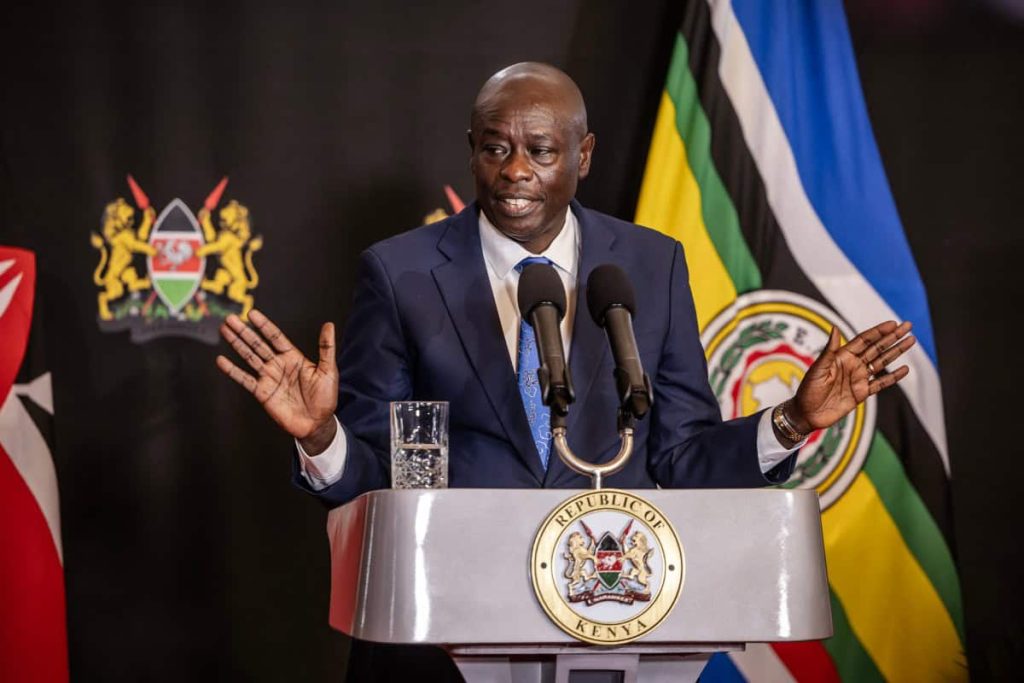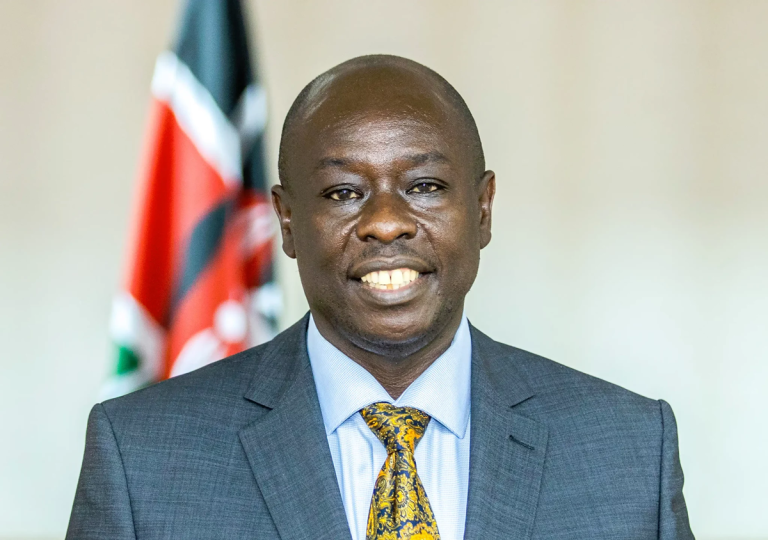Kenya’s upper chamber of parliament will vote on Thursday to decide whether Deputy President Rigathi Gachagua should be removed from office.
The Senate will announce its decision after the second day of an impeachment trial against President William Ruto’s embattled deputy.
This move comes after a historic vote last week in the lower house, the National Assembly, to impeach Gachagua on 11 counts, including corruption, insubordination, undermining the government, and engaging in ethnically divisive politics.
The Senate trial commenced on Wednesday after the 59-year-old, also known as “Riggy G”, failed in multiple attempts to stop the process through the courts.
The outspoken politician arrived at parliament on Thursday just before the session commenced and is anticipated to present his defence later.

Gachagua has refuted all the charges, and no criminal proceedings have been initiated against him. However, if the Senate approves his impeachment, he will be automatically removed from office.
If his impeachment falls through, he will become the first deputy president to be ousted in this manner since impeachment was incorporated into Kenya’s revised 2010 constitution.
Gachagua, who, in his words, is being treated like a “spent cartridge”, can contest the impeachment in the courts once the parliamentary process is completed.
According to Kenyan media, potential successors include Minister Kithure Kindiki, Foreign Minister and Prime Cabinet Secretary Musalia Mudavadi, and county governor Anne Waiguru.
Gachagua’s chances of survival appear slim if opposition members in the 67-seat Senate align with the ruling party, as was witnessed in the National Assembly vote on October 9.
In contrast to the procedure in the lower house, where MPs delivered their verdict on the entire motion, senators only need to support one charge by a two-thirds majority for the impeachment to be successful.
In the 349-member assembly, an overwhelming 282 MPs voted to impeach Gachagua, surpassing the required two-thirds majority.

